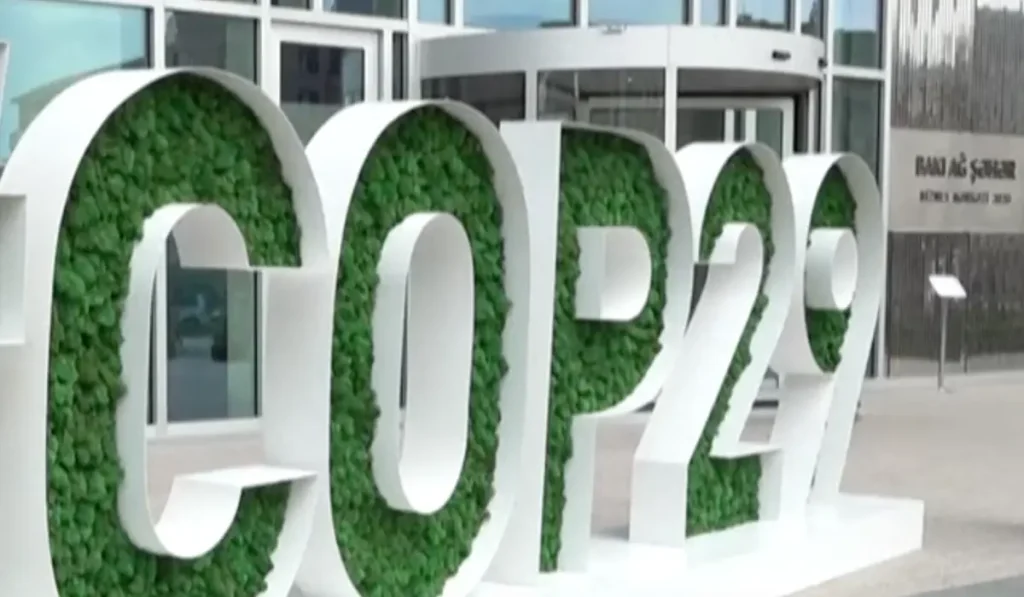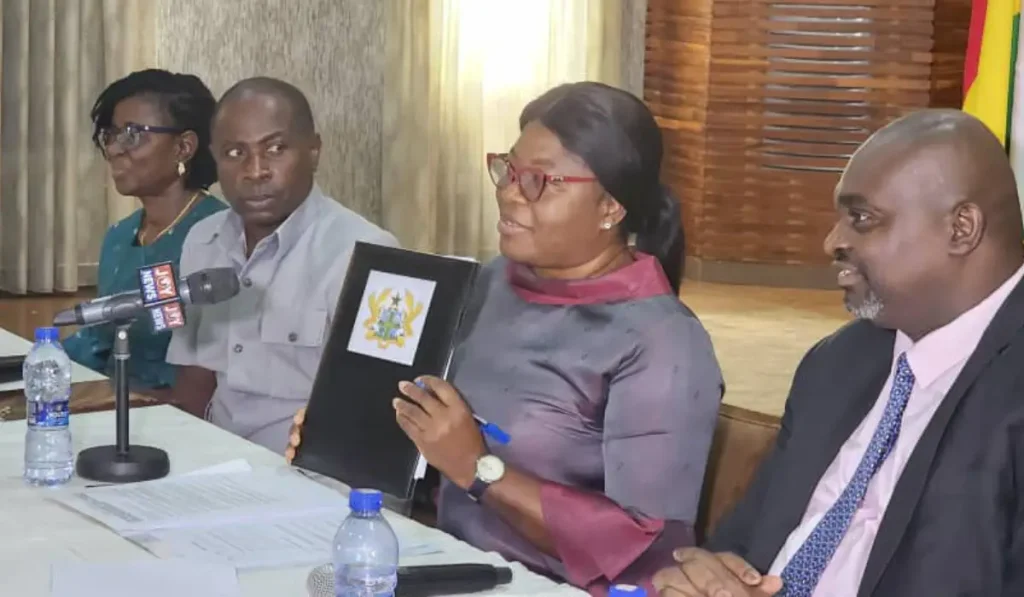Annual UNFCCC Conference of the Parties (COPs) are now powerhouses where unprecedented numbers of private sector delegates and civil society organisations gather to hash out policy, finance, infrastructure and energy deals and initiatives to shape the world’s energy, environmental and economic trajectories. COP28 in December 2023, was comfortably the largest COP in history, with over 100 000 registered attendees. Business representatives attended in record numbers. Mounting pressure from various stakeholders, including investors, customers, employees, consumers, and regulators, is steering business to consider and integrate Environmental, Social and Governance (ESG) factors into their business models. This includes the consideration of both the risks and opportunities associated with climate change for businesses. The private sector is increasingly playing a more prominent role as a non-state actor in COP outcomes, and what happens on the side-lines is often just as important as the agreed outcome between parties.
For example, finance was a major topic with new partnerships, funds and initiatives launched at COP28 aiming to improve climate change mitigation, adaptation or just transitions. About USD 600 billion of funding was pledged for African nations looking to develop wind and solar projects. A new climate investment fund, called ALTÉRRA, was launched, which aims to ease access to climate finance in emerging markets. The United Arab Emirates (UAE) committed USD 30 billion to the fund and the fund’s partners include BlackRock, TPG and Brookfield. Also noteworthy was that adaptation finance and nature (especially innovative financing mechanisms such as nature-based solutions and debt-for-nature swaps) featured more prominently at the COP than they have at previous ones. Achieving traction on both of these topics is vital for enhancing adaptation investment and a greater role for private sector participation on the continent.
In the past, the private sector has raised concerns about return on investments, lack of clarity for qualifying climate finance or transition finance projects and the risks associated with such projects. These challenges are particularly acute in the deployment of projects in Africa, and they remain relevant after COP28, notwithstanding the growth in scale of climate finance and amounts committed by the public sector. The Global Stocktake (GST) calls on governments to create enabling policy environments to enable the private sector to scale up investments and to collaborate with the private sector to rapidly increase the deployment of existing technologies, foster innovation and the development and transfer of new technologies. This may require the public sector to step in to take on some of the risks that the private sector is concerned about and calls for innovative partnerships between the public and private sectors in relation to climate action, including novel Public-Private partnerships and blended financing solutions.
Other significant initiatives and pledges included the launch of Africa’s Green Industrialisation Initiative, which is a private sector initiative that aims to accelerate and scale green industries and businesses across Africa, promote climate mitigation and adaptation, and act as a catalyst for economic green growth on the continent. The initiative builds upon the existing USD 4.5 billion Africa green investment from the UAE that COP28 President Sultan Al Jaber announced during the Africa Climate Summit in Nairobi in September 2023. This initiative looks to unlock trillions of dollars for African economies.
A major failure of COP28 was the lack of agreement on the rules for international carbon trading pursuant to Article 6 of the Paris Agreement. Despite this, many attendees remain hopeful that the private sector will participate in the primarily unregulated Voluntary Carbon Market (VCM) to play their part in scaling up the finance required for climate change mitigation, adaptation, and resilience. The VCM has matured over the past decade and platforms to trade in the VCM have been expanding. New research by Ecosystem Marketplace suggests that VCM credit prices are higher than they have been in 15 years, while the overall trade volumes are down from a 2021 peak. This suggests a market consolidating around a smaller but committed set of buyers willing to pay premium prices for higher quality credits. Demand was said to be particularly high for nature-based credits. Many African governments expressed a desire to scale up their participation in the carbon market with numerous projects on the continent announced pre and during COP. There is potential for African businesses in the VCM to be providers of high integrity carbon credits, purchasers of carbon credits and to facilitate trade in the VCM and the secondary market.
Though consensus is rarely unanimous, COP28’s milestones could impact African businesses by shaping global policies and investor decisions. For example, the COP28 GST text, calls for tripling renewable energy capacity globally and doubling the global average of energy efficiency improvements by 2030. It also calls for a transition away from fossil fuels in energy systems, in a just, orderly, and equitable manner, accelerating action in this critical decade, to achieve net zero by 2050 in keeping with the science. Although a disappointment to some who were hoping to see agreement on a full phase-out of fossil fuels, the text marks the first time that parties have expressly recognised the need to transition away from fossil fuels. Moreover, at least 127 countries endorsed a text that supported a full phase-out, potentially signalling the ‘beginning of the end’ of fossil fuels. Discussions on Just Transitions and the social component of transitioning away from fossil fuels featured more prominently at COP28 than previous COPs, especially with the finalisation of the first Just Transition Work Programme.
Fifty companies representing nearly half of global oil production, joined the Oil & Gas Decarbonisation Charter, pledging to reach net zero by 2050, ending routine flaring by 2030, and near-zero upstream methane emissions. More than 150 countries pledged to slash their methane emissions by 30 percent by 2030 under the Global Methane Pledge, and 118 countries, led by the European Union (EU), signed the Global Pledge on Renewables and Energy Efficiency, with notable exclusions being China and India.
To be effective and impactful, these outcomes need to be translated into national policies and regulations. But they do indicate what the world’s energy and climate action trajectories may look like. The outcomes could result in further measures being implemented by national governments to support climate action and just transitions, including regulatory interventions such as the imposition of carbon or emissions taxes (domestic or with extraterritorial effect – like the EU’s Carbon Border Adjustment Mechanism), carbon budgets, and/or incentives to support investment in lower carbon energy projects. They could also influence investors who are reconsidering financing policies to cut funding for fossil fuel-based energy projects. African businesses will be well placed to align their business plans, models, and transition with emerging global, regional, and domestic trends and identify and address any gaps to remain resilient.
Businesses are beginning to understand that they cannot survive in failing or distressed societies or on a destroyed planet, which is driving the shift away from ‘shareholder capitalism’ to ‘stakeholder capitalism’. Demands by stakeholders for greater standards of corporate accountability, evidenced in the rise in mandatory ESG disclosures, compulsory human rights and supply chain due diligence and shareholder activism, place a spotlight on the private sector concerning climate change. Although there remains a gap between the promises made and the finance pledged to meet commitments made pursuant to the Paris Agreement, COP28 demonstrates the decarbonisation trajectory that the world is on. It further signals that there are deals to be made and partnerships to be fostered between the public and private sectors.
Although the COP may not have achieved everything that it initially set out to, the outcomes remain significant and they will undoubtedly affect the African private sector, both positively and negatively.






